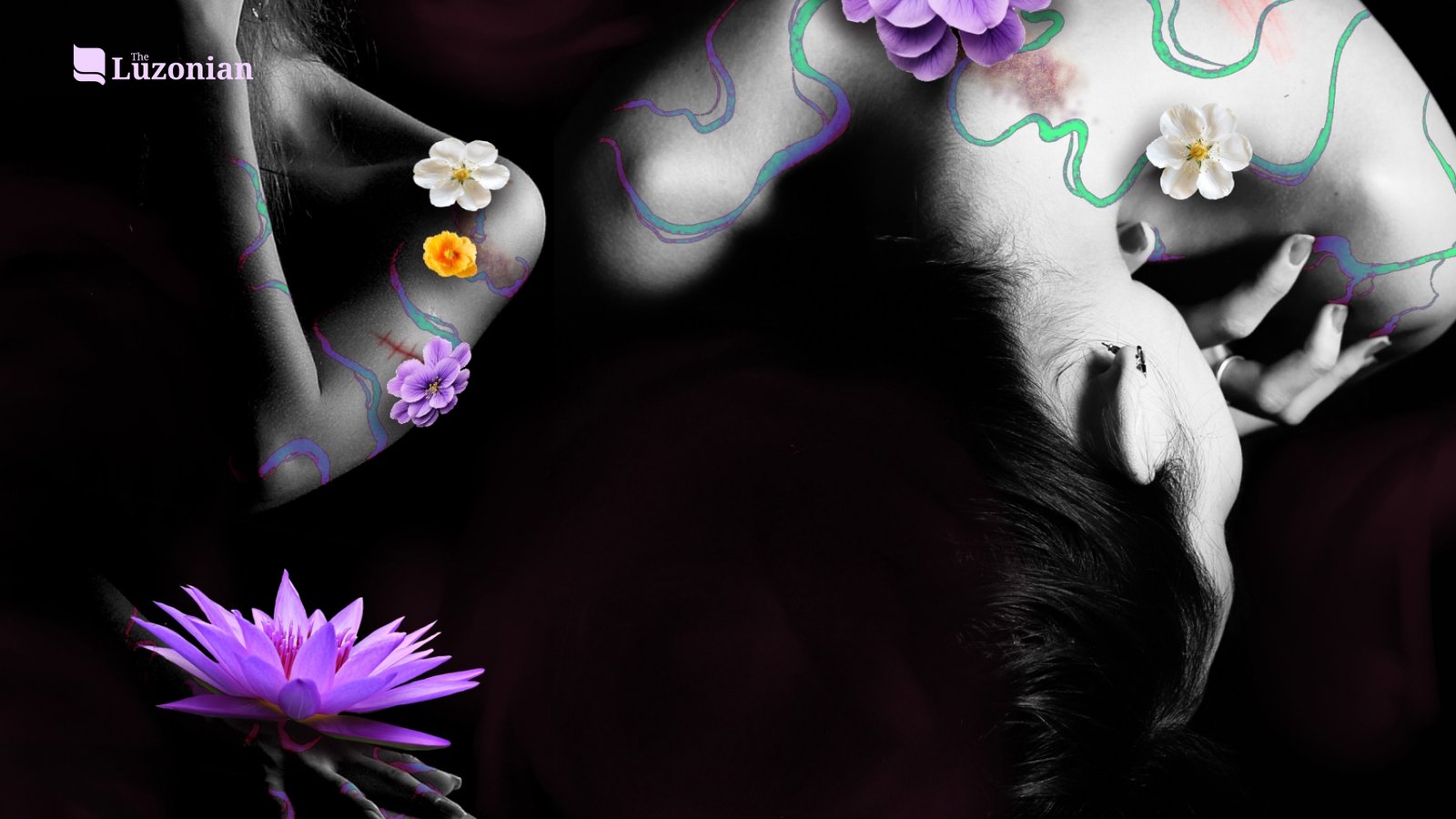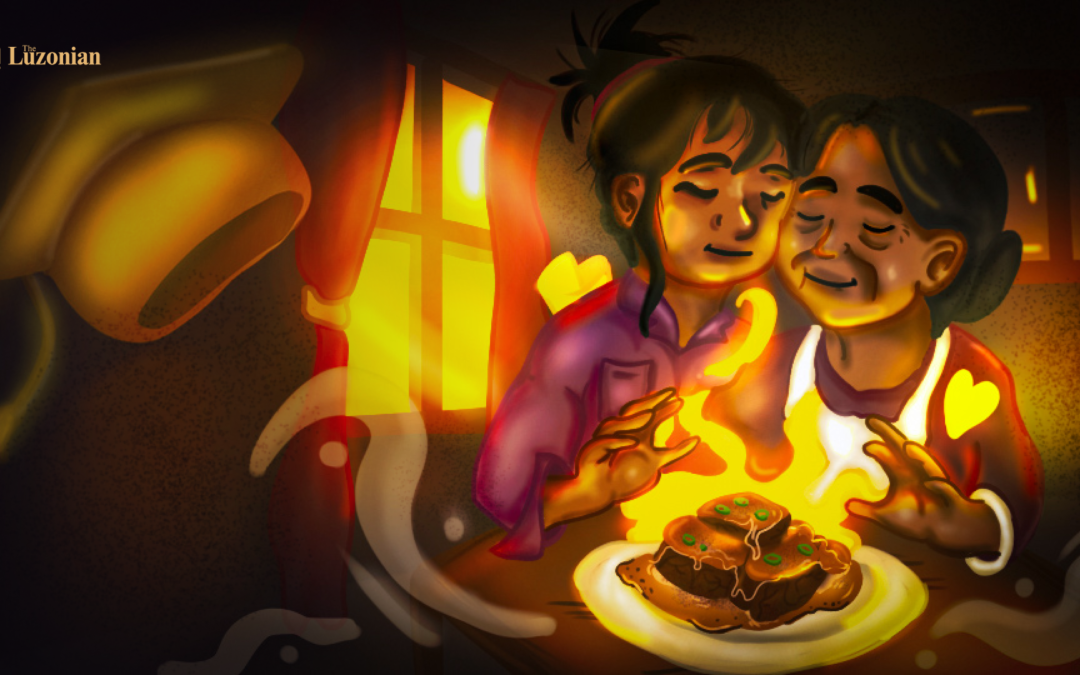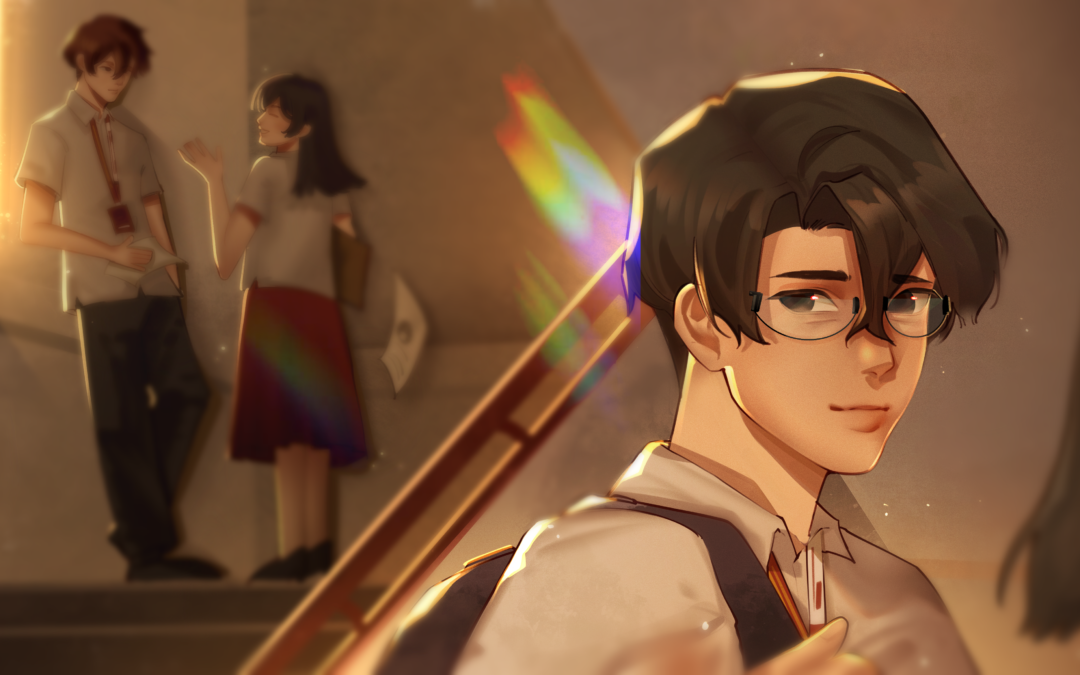A bruise blooms like an ink stain on soft skin—dark at first, then fading to a shadow. But some wounds go deeper. Some settle into the bones, whispering their presence in moments of stillness. Peklat Cream, a hauntingly clever track by Bita and the Botflies, gives melody to these invisible wounds where the kind of love leaves behind when it turns cruel.
With its jazzy rhythm and cheerful tone, the song plays with listeners’ expectations. “Pambura ng peklat sa mukha, bil’hin mo na itong cream,” the singer offers in a voice that mimics a late-night advertisement. But the irony is sharp as if a cream could truly erase the damage done. As if healing were that easy.
This isn’t just a love song, it’s a quiet scream against romanticized pain and the normalization of violence in intimate relationships. Beneath the swing of the music lies a heavy narrative, one that unfolds in layers through carefully chosen lyrics.
“Binuklat ang magazine, nalimot ang labahin. Tambak na daw ang hugasin.”
The tension builds over something small. A forgotten chore, a careless word. The song mirrors the domestic atmosphere where control simmers just below the surface, ready to boil over.
Then comes the blow.
“Nabasag ang plato nang hinampas sa mukha mo.Nagulat ka, bigla na ang jowa mo’y parehas sa tatay mong abusado.”
The song shifts into a sharp and brutal clarity. The violence arrives, unprovoked yet familiar. It’s a realization that cycles of abuse can echo across generations. The partner becomes a mirror of a past abuser. The trauma doubles.
Then comes the silence. The illusion of peace.
“Kung ayaw mong iwan ka n’ya, eh ‘di ikaw na’ng umalis.”
But walking away is rarely that simple. Fear holds the door shut, and shame seals the windows. The woman in the song packs her bags, could be literally, or in her mind. It’s a fantasy of freedom that many don’t get to live out.
Peklat Cream is more than a catchy tune. It’s satire with soul. A protest in disguise. The band doesn’t lecture, they let the metaphors do the heavy lifting, crafting a portrait of abuse that is both specific and universal. And in doing so, they give voice to the stories too often swallowed in silence.
Some scars don’t fade and maybe they shouldn’t. Because forgetting makes it easier to ignore and easier to repeat.






